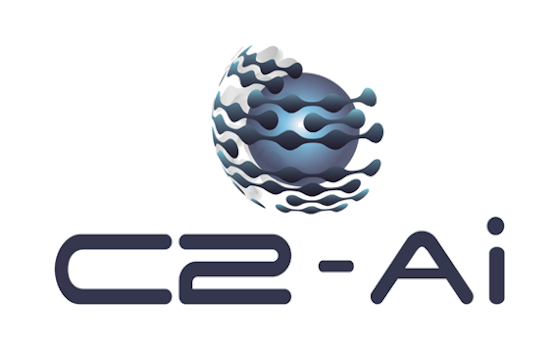 UK headquartered healthcare analytics company C2-Ai has appointed a senior clinician as its new medical director international.
UK headquartered healthcare analytics company C2-Ai has appointed a senior clinician as its new medical director international.
Dr Mike Roberts, who has a background in emergency medicine and cardiothoracic surgery, has worked in both the NHS and in New Zealand, where he has held chief medical officer and medical director roles for more than 15 years.
He will now work to help expand how C2-Ai’s products are used by healthcare providers - for both new and existing customers. Hospitals within the NHS and internationally use the company's AI-backed technologies to provide them with intelligence to help enhance patient safety and to improve quality and equity of care.
Since the pandemic C2-Ai's systems have also been used to help surgeons safely and efficiently prioritise patients waiting for hospital treatment, with significant results reported by customers around faster clearing of backlogs, fewer emergency admissions and substantial time released for busy surgeons.
Commenting on his appointment, Dr Roberts said: "I have been extremely enthusiastic about the potential of C2-Ai's technology for many years and I have seen the impact it can achieve first hand as a customer, when it comes to supporting clinical governance. Within minutes of using the company's systems, I was able to see evidence needed to help us improve, evidence that would otherwise have taken years to obtain.
"Healthcare organisations are heavily focussed on improving quality and safety, and C2-Ai's products can play an important role for many hospitals in this ambition, providing leaders with objective, quantitative and reliable insight. Anybody who wants to understand the quality of care, can do and at a granular level.
"Put simply, the company's solutions can help healthcare organisations understand where things are not going well so those services can be improved - which is good for patients and saves money. And it shows where things are going well, so that good practice can be exemplified.
"Whether its surgical areas, maternity services, or a whole range of clinical specialities, hospitals and their executive teams have a responsibility to ensure the governance is in place for safety. C2-Ai's systems support that and can help management teams and clinicians have meaningful conversations to improve performance. I'm proud to be part of a highly respected team that is helping with some of the biggest challenges in healthcare."
Steve Mackenney, CEO at C2-Ai, said: "We work with some of the most forward-thinking hospitals in the world when it comes to using data in effective ways to improve healthcare provision for patients. We are thrilled to expand our team with the appointment of Dr Roberts, who has a wealth of experience to help us to expand this offering to even more hospitals, and to help our existing customers make even more of their investments with us."
About C2-Ai
C2-Ai is a trusted NHS digital approved partner with access to full national datasets and running on the HSCN/N3 network. The company has provided national support for the Keogh Review and to Professor Sir Mike Richards at the CQC, and our systems are locally in use in dozens of NHS trusts and in 11 countries.C2-Ai provides a unique, AI-backed suite of hospital care quality/efficiency improvement tools (CRAB, Patient List Triage, Observatory & Compass). They are developed from 30 years of research, ten years of development and the world's largest (350m) and geographically broadest patient data set (from 46 countries). In the UK these have a track record for delivering demonstrable improvements in:
- Reducing avoidable harm and unwarranted variation
- Reducing length of stay
- Reducing critical care demand
- Improving clinical cost effectiveness